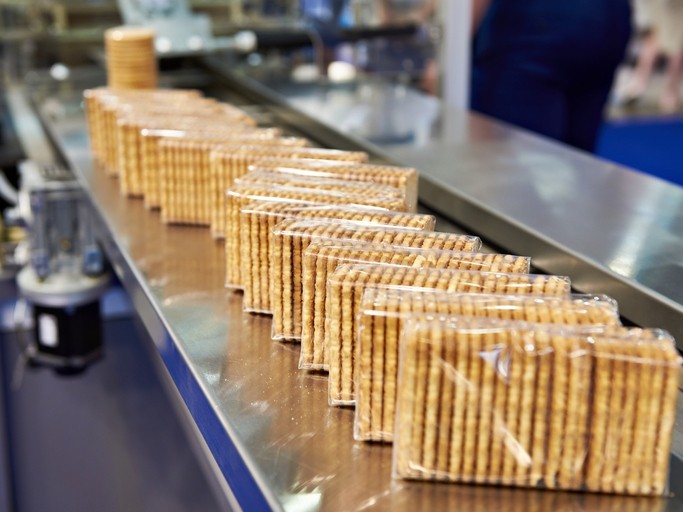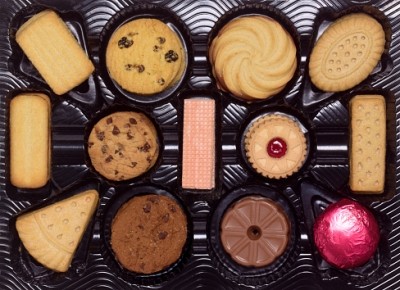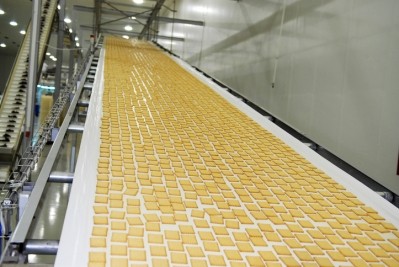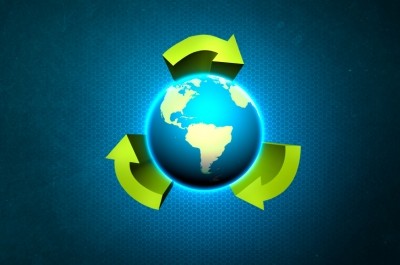Dutch auditor challenges claims of packaging being processed in animal feed

“The Plastic Soup Foundation’s suggestion that packaging material is used in animal feed as an existing practice is not supported by SecureFeed’s monitoring and audit data,” said SecureFeed, in a statement.
On July 8 2022, Plastic Soup Foundation, an Amsterdam-based environmental action group, published the findings of a pilot study on the discovery of microplastics in meat, milk and animal feed.
Commissioned by Plastic Soup Foundation, scientists from the Vrije Universiteit Amsterdam screened a variety of samples from livestock farms in the Netherlands for the presence of plastic particles.
Plastics detected in animals and feed
They found that nearly 80% of 81 dairy and meat (pig and cow) products analyzed contained microplastics. 100% of pellets and shredded feed samples contained detectable amounts of plastic, but there was no plastic present in any of the fresh feed samples.
The researchers said the small sample size provided “a first indication that plastic particles are present at detectable concentrations in modern-day livestock feed, in the animals that eat it, and in products from the farm (including processed, plastic-packaged products)”.
While the researchers were clear that no conclusions could be drawn regarding where all the plastic particles came from, or exactly how they entered the feed or the animals’ bodies, The Plastic Soup Foundation suggested that the possible cause could be the feed of cows and pigs, making specific reference to the presence of packaging in feed.
Maria Westerbos, director of Plastic Soup Foundation, said in a press release: “This study raises serious concerns about the contamination of our food chain with microplastics. It is also clear that farmers are not responsible for this. It seems that - at least part of the - former food products, including from supermarkets, are processed into livestock feed with packaging and all.”
Jumping to conclusions?
In this respect Marinus Huige, managing director of SecureFeed, accused Plastic Soup Foundation of jumping to conclusions.
“Plastic Soup Foundation seems to make a short cut by focusing on packaging materials only, but we all know microplastics are widespread in the environment. The study indicates this as well,” he told this publication.
He continued: “As the researchers indicate, the study is a pilot study and therefore further research will be needed. It is not clear to what extent plastics are found and what exactly the sources of contamination are.”
The European Animal Nutrition Regulation 767/2009 prohibits the addition of ‘packaging and parts of packaging derived from the use of food industry products.’
The Plastic Soup Foundation questioned whether this regulation was being enforced, citing the 0.15% tolerance threshold used by the Dutch Food and Consumer Product Safety Authority (NVWA) and calling on Henk Staghouwer, Dutch minister of agriculture, nature and food quality to indicate to what extent controls on the presence of plastic in cattle feed are a priority.
SecureFeed took exception to this, which it interpreted as a suggestion that it is current practice for (remains of) packaging material to be processed into animal feed despite it being prohibited by the law.
Controls in place
In its statement, it outlined the controls that are in place to prevent packaging residues or other contaminants from entering the food chain.
“The animal feed sector uses residual and by-product streams from the food industry. Think of broken biscuits and bread that is not sold in the supermarket…For the processing of return and residual flows, there are packaging material removal protocols by specialized companies and checks are carried out for the absence of packaging material in the produced animal feed,” explained SecureFeed.
In addition to these measures, SecureFeed said that it performs monitoring on feed materials produced from return and residual flows from the food industry.
“Among other things, the presence of residues of packaging material is monitored. If the values exceed the set standards, the raw material may not be processed. In the vast majority of analyses, we find nothing. In a very limited number of cases, values are found that are still well below the detection limit of the NVWA. Furthermore, regular audits take place at companies that process former foodstuffs,” it said.
However, SecureFeed is not dismissing the findings of the study, saying: “This is an important signal that prompts SecureFeed to investigate further.”
“Microplastics, as the researchers point out, occur everywhere in our environment and hardly seem to be able to be kept out of the food chain. More knowledge about this will help to keep these substances out, and measures may need to be taken earlier in the chain.”
SecureFeed confirmed it is seeking contact with the researchers to obtain more clarity on their research.








